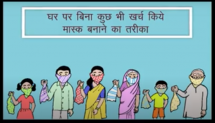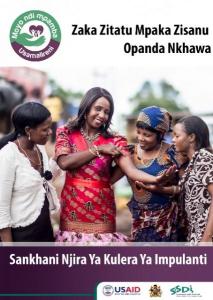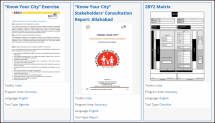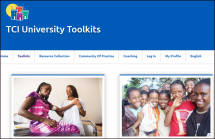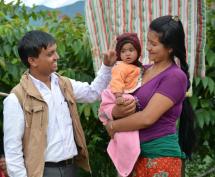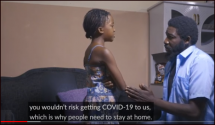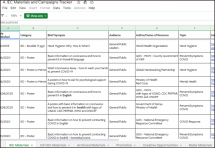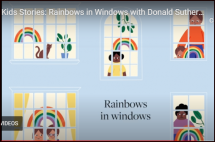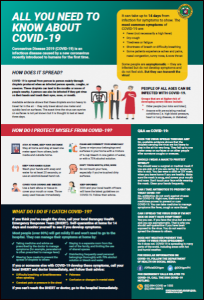Smart Jeewan Campaign
These materials are part of a family planning campaign – Parivar Niyojan Smart Banchha Jeewan (Family Planning makes a smart life), launched in Nepal on 21st August 2015 in an effort to reposition family planning for the young married couples (aged 15-29).
There are four television commercials in Wave-I showing the life stages of a couple where planning for family is needed. There are five television commercials in the Wave-II. One is intended to educate the viewers that there are family planning methods available and safe to use by post-partum mothers during breastfeeding. Second, about use of IUCD for spacing. Third about using IUCD. Fourth about the safety of using family planning methods like pills to delay first pregnancy. Fifth about the appropriate use of Emergency contraceptive pills.
There are five posters designed during Wave-1 to complement the four TVCs, one comprehensive poster with all life stages for family planning, and one to depict the uniting message of youths taking the ownership of family planning to be Smart Couples.
A “Badhai” or congratulations booklet was also developed in the Wave-II to be used by community health workers and health worker when doing interpersonal communication/interactions with newly married couples and 1000- day couples (pregnancy 9 months and baby 2 years roughly equals to 1000 days). This booklet has important information useful for couples at the various stages of married and family life.
There are seven leaflets developed to use as job aid by community health workers and information material to take home by the newly-wed couples and 1000-days couples regarding the five temporary family planning methods (IUCD, Implant, 3-month injectable, combined oral contraceptive pills, condoms), emergency contracentive pills, two permanent family planning methods (vasectomy, minilap), and one leaflet with information on all these methods.
Photo credit: © 2013 Valerie Caldas, Courtesy of Photoshare
Source: Johns Hopkins University Center for Communication Programs
Date of Publication: August 5, 2020


